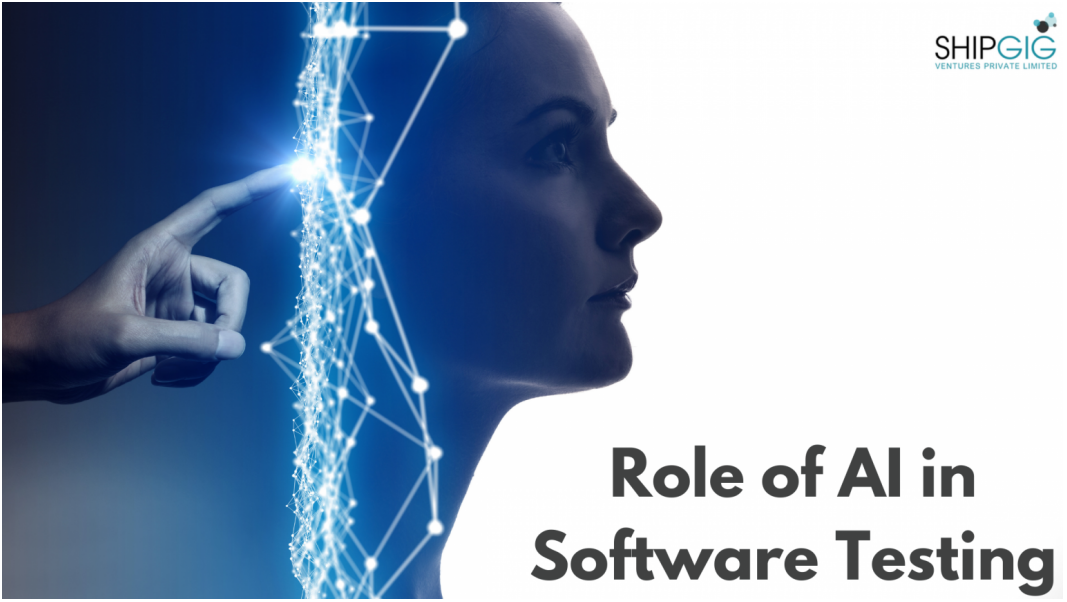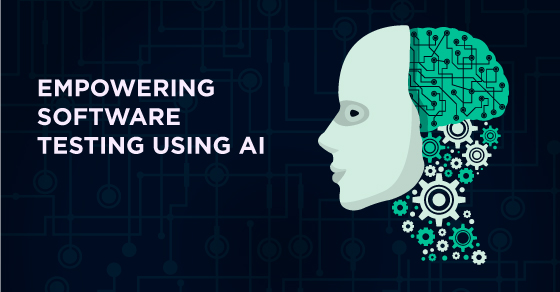Artificial Intelligence for Software Testing is an emerging field. AI has emerged as a game-changer in various industries, and software testing is no exception. AI brings innovative approaches to testing by making use of intelligent algorithms and automation techniques.
Why AI for Software Testing:
The mainstream of testing is focused toward manual testing, or the manual creation of "automated" test scripts, and most testing activities are focused only on a small number of applications.
New features are added to software, the complexity of the application increases at an exponential rate.
However, classic testing approaches add test cases linearly, making it extremely difficult, if not impossible, to get adequate coverage.
Role of AI in Test Automation:
AI plays a crucial role in test automation, enabling testers to automate repetitive and time-consuming tasks. Traditional test automation frameworks require manual scripting and maintenance.
AI-based tools, utilize machine learning algorithms to automatically generate test scripts, adapt to changes in the application under test, and auto-recover when encountering failures. This significantly reduces the effort that required for test automation and improves test coverage.

How Artificial Intelligence work in Software Testing
- Self-Healing
- Visual Testing
- Test Failure Analysis
- Autonomous Script Generation
AI techniques, such as search-based algorithms and genetic programming, are utilized to generate intelligent test cases. By analyzing application requirements, AI algorithms can intelligently generate test inputs, explore different paths in the software, and identify edge cases that human testers might overlook. This helps in improving the quality and effectiveness of testing by uncovering hidden defects and vulnerabilities.
AI can automate the analysis of test results and generate intelligent reports.Natural Language Processing (NLP) algorithms can extract meaningful information from test logs, identify common failure patterns, and provide insights into the overall health of the system.
This helps testers and stakeholders in making data-driven decisions and taking appropriate actions to address identified issues.
In summary, AI brings a range of capabilities to the testing process, including test automation, intelligent test generation, defect prediction, anomaly detection, and advanced reporting and analysis. By incorporating AI techniques, testers can improve efficiency, accuracy, and coverage, ultimately leading to higher-quality software products. Embracing AI in testing is not about replacing human testers but rather augmenting their skills and capabilities, enabling them to focus on more complex and critical aspects of testing.
